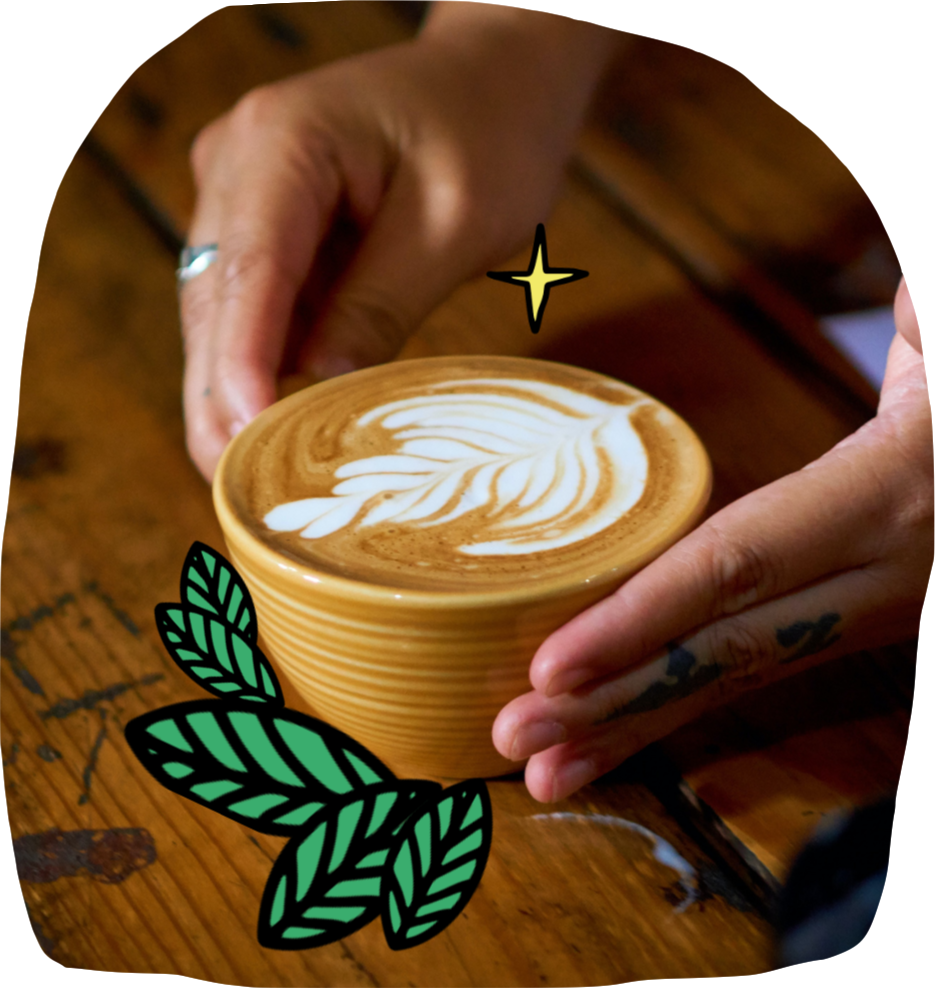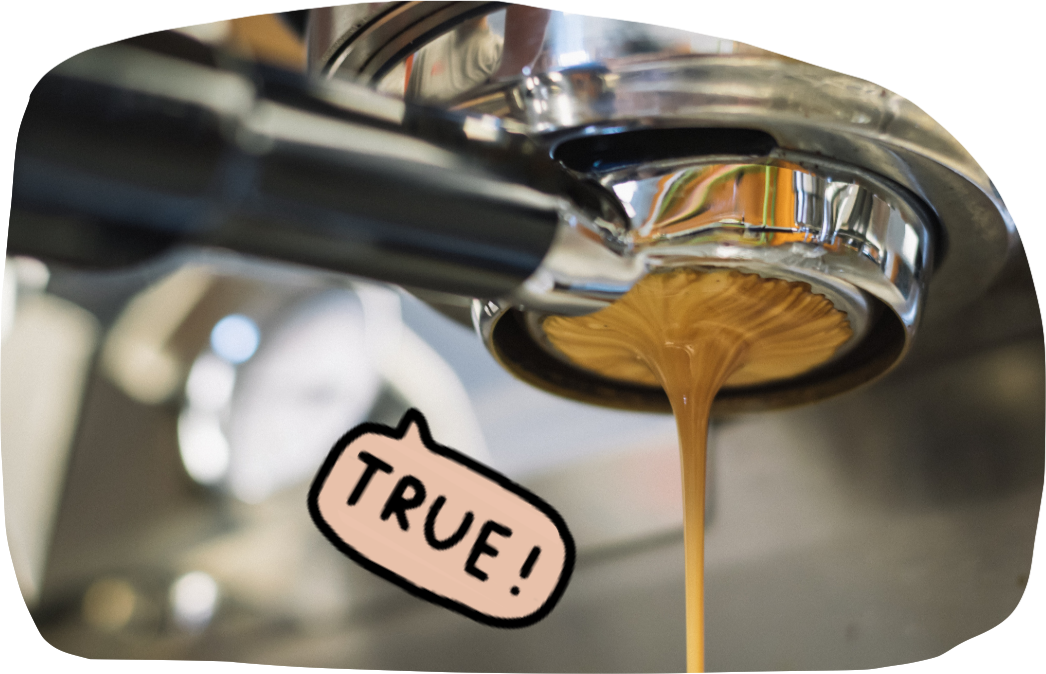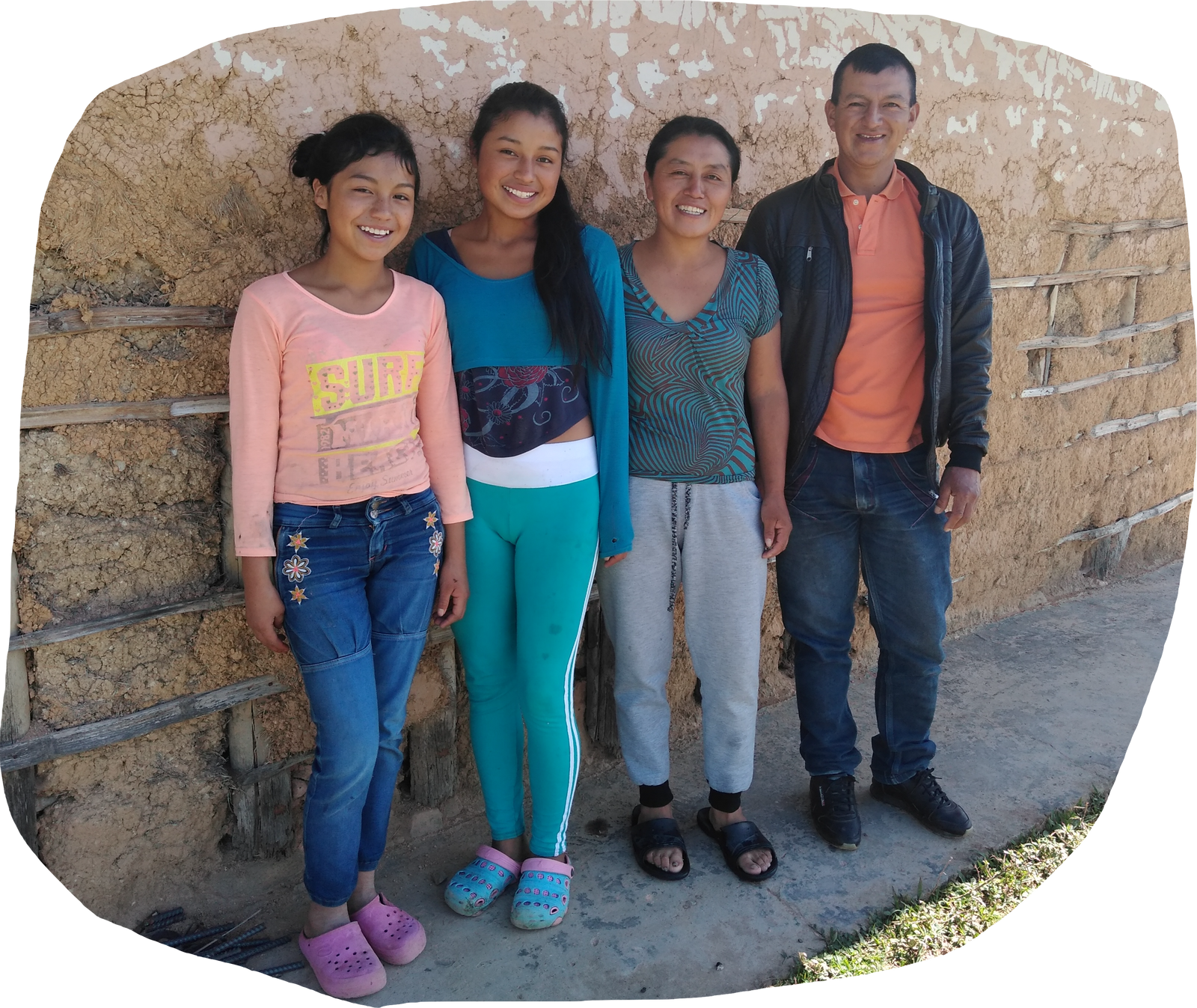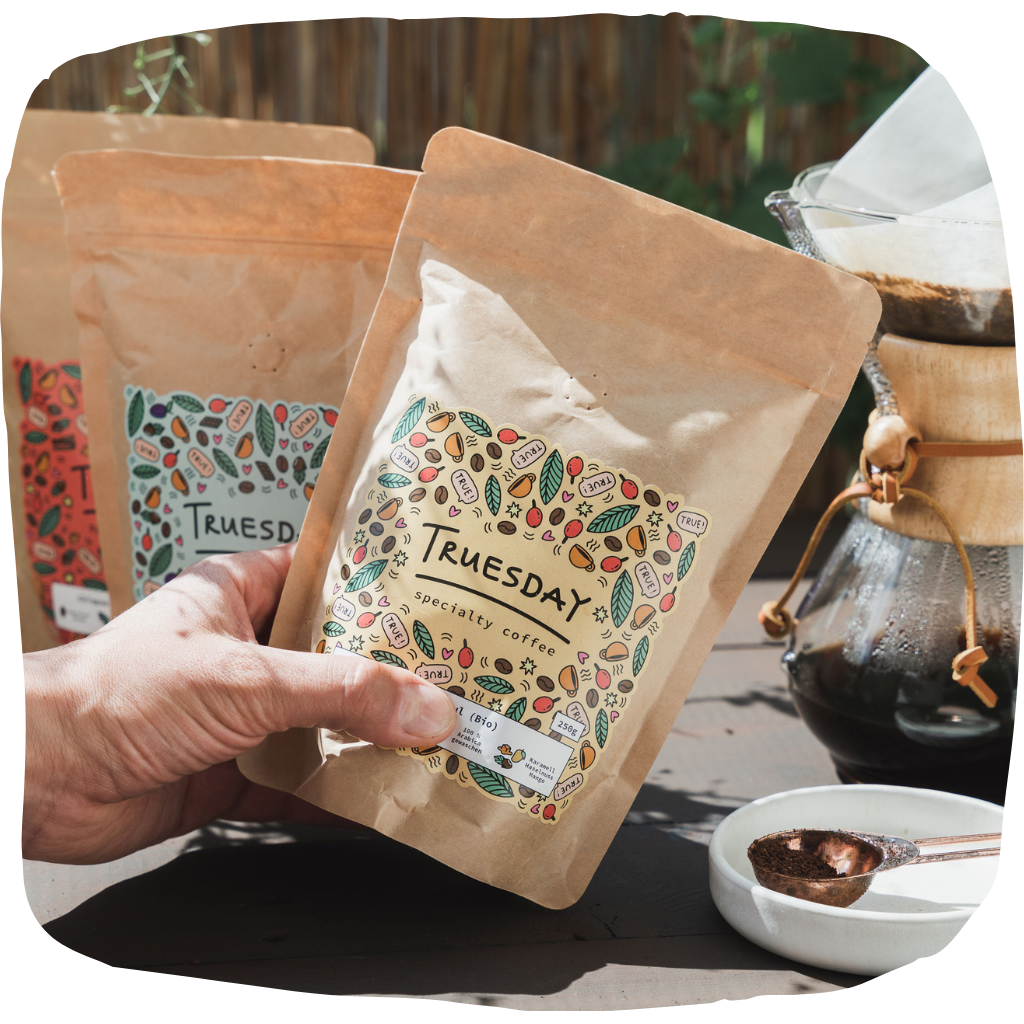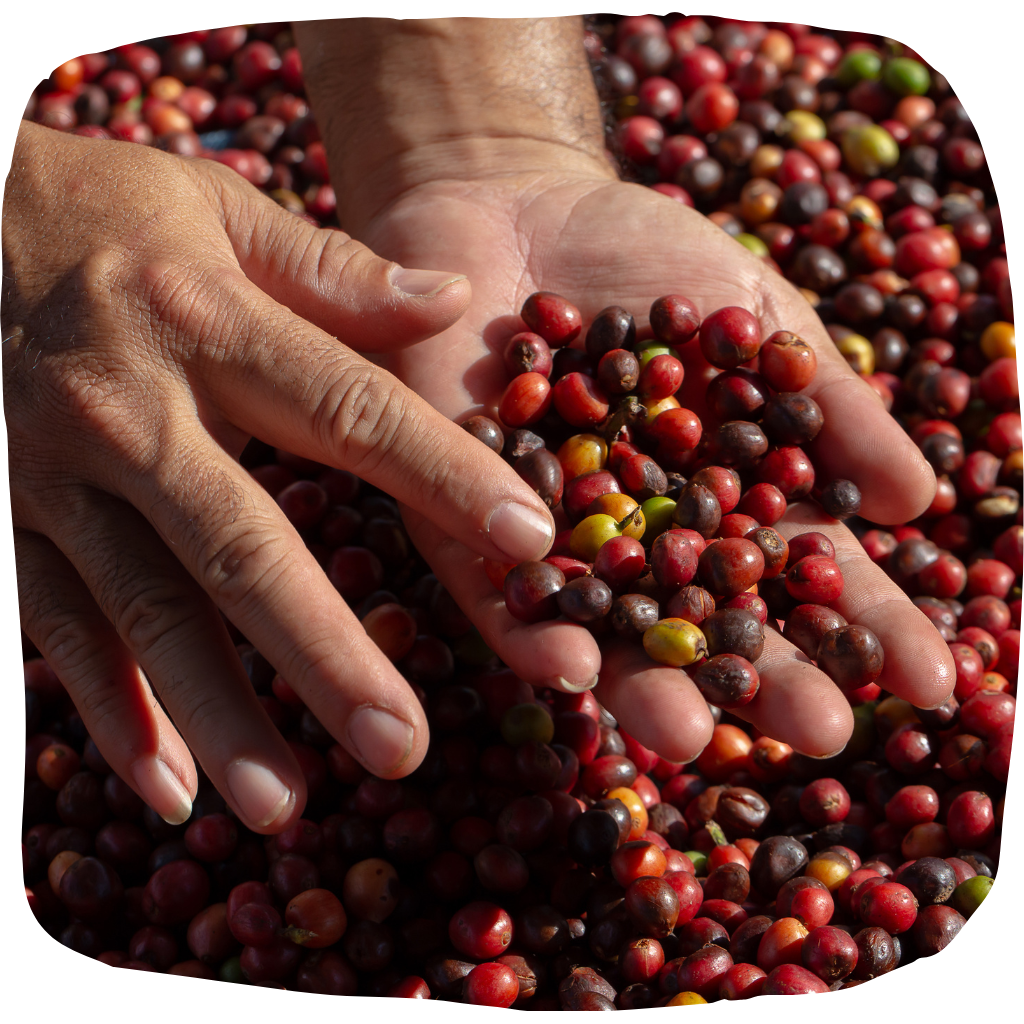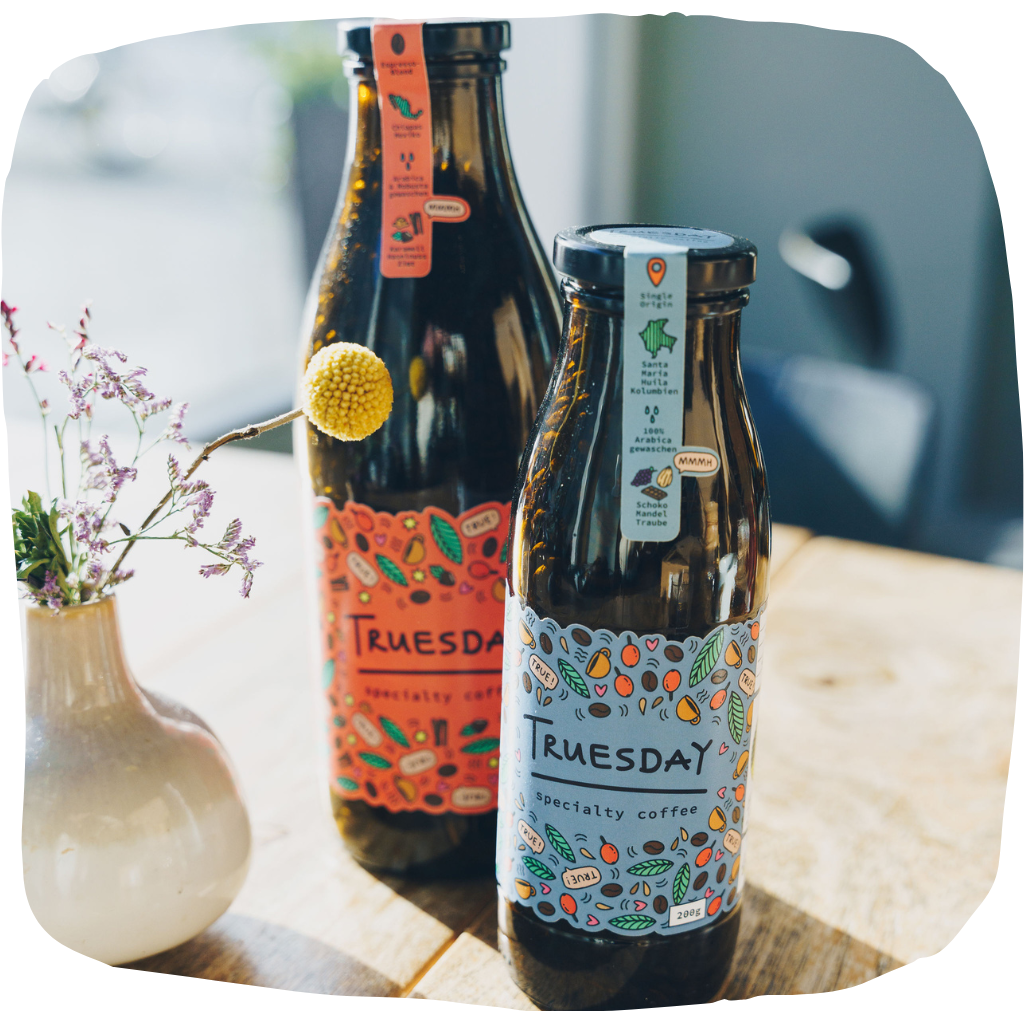Imagine a coffee with a positive impact on people and nature. With TRUESDAY we are making a start: we launched the first coffee with True Price - both the value of the coffee beans and the environmental and social costs of coffee cultivation are taken 100% into account. In cooperation with international NGOs and social enterprises, we bring hidden costs such as underpayment of farmers, soil contamination and water pollution to the surface in order to reduce and compensate them.
The consequential costs of coffee cultivation, such as climate change, damage to health, or the destruction of tropical forests, are not included in the price tag. Farmers, the environment and future generations are left to bear the costs. To stop climate change and effectively fight poverty, companies should show and reduce their environmental and social footprint. It is time that sustainable products are more than a promise. Damage caused to people and nature must be presented in a comprehensible and comparable way.
How are consumers supposed to make a fair, future-proof choice in a jungle of certificates, non-transparent supply chains, and buzzwords like "climate neutrality"? TRUESDAY advocates that companies are required to set their prices with taking the external impact on people and nature into account. Companies that have operated an exploitative system will have to raise their prices and sustainable competitors will have a fair chance, and consumers will be able to make future-proof choices. Every purchase of TRUESDAY Specialty Coffee is therefore also a vote for a new, more sustainable economic model.
That's why we do things differently. We do not charge any entrance fees, so that farmers receive fair prices from us. The farms receive a "living income" based on data from independent NGOs. This income is completely independent of the fluctuating green coffee market price. In order to identify the "living income" from reputable sources for our farms, we have joined the "Futureproof Coffee Collective". The data analysis is supported by the True Price organisation andSoil and More Impacts.
The True Price analyses are and will remain free of charge for farmers.
Speciality coffee is characterised by particularly high quality and good taste. In order for the beans to become speciality coffee later on, the entire supply chain must be kept under close observation. Only the interaction of farmers, roasters and preparation results in the perfect taste - full of aromas and notes that are quite unique.
The Specialty Coffee Association (SCA) has sovereignty in the field of specialty coffees. It has developed a very precise system by which coffees are evaluated and classified in the scoring. In so-called cuppings (the tasting of coffee), our coffees are analysed for aroma, taste, aftertaste, acidity, body, sweetness, balance, uniformity and purity as well as possible defects according to SCA standards and achieve top results between 80 and 86 points.
With these SCA scores, our green coffee is among the highest quality top 5% worldwide. True quality ends up in your cup!
As always, most certificates have a good goal. In the case of organic labels, it is to ensure that you get good coffee free of pesticides from good farming. But organic alone is not enough to guarantee sustainable and ecologically sound farming. The label can only begin to solve problems such as climate change and the loss of biodiversity. Independently conducted
true-price analyses of ecological costs are holistic and include the following factors:
- Land use,
- Land use change, biodiversity and ecosystem utilisation
- Contribution to climate change
- Air pollution,
- Soil contamination,
- Water pollution,
- Soil erosion and fertility
- Water use
Organic certification makes our work easier and it is a prerequisite for selling coffee in organic shops. Organic is an established and highly respected standard in Germany. That is why we also accept such coffees. The organic certificate excludes the use of pesticides and chemical fertilisers in coffee cultivation. This is an important step towards reducing soil pollution and increasing biodiversity on coffee farms. Along the supply chain, it is then ensured that the coffee is not mixed with more environmentally damaging conventional coffee beans. This also creates valuable traceability of the supply chain for us.
We deliberately chose the reusable bottle because it is packaging that is not made for the rubbish. Each glass bottle saves one plastic packaging and is reusable. The highlight: the reusable bottle is part of a reusable cycle (MMP) that covers the whole of Germany.
Together with dairy businesses, unpacked shops and many others, we all use the same bottles and jars from this pool system. This saves transport routes: whoever is closest to the return point gets the emptied reusable bottles for reuse.
By choosing sustainable coffee packaging, you are doing something good for yourself and the planet - with a long-term effect. But even if you prefer to order your coffee in a bag, you're making an environmentally friendly choice: the packaging is aluminium-free, made entirely from bio-based material and is compostable.
We are particularly pleased to have won the SCA Design Award. The Specialty Coffee Association (SCA) has set the highest standards for coffee quality and sustainability for decades. It felt like a knighthood when we won the Design Award in New Orleans! We are very happy about this honour.
